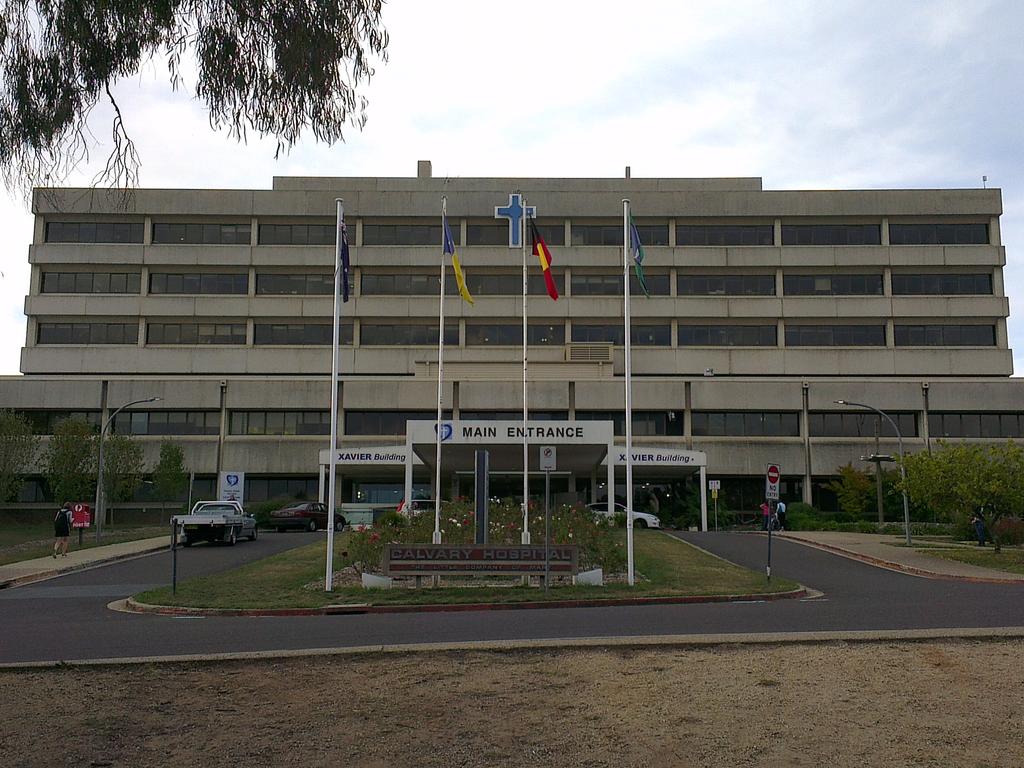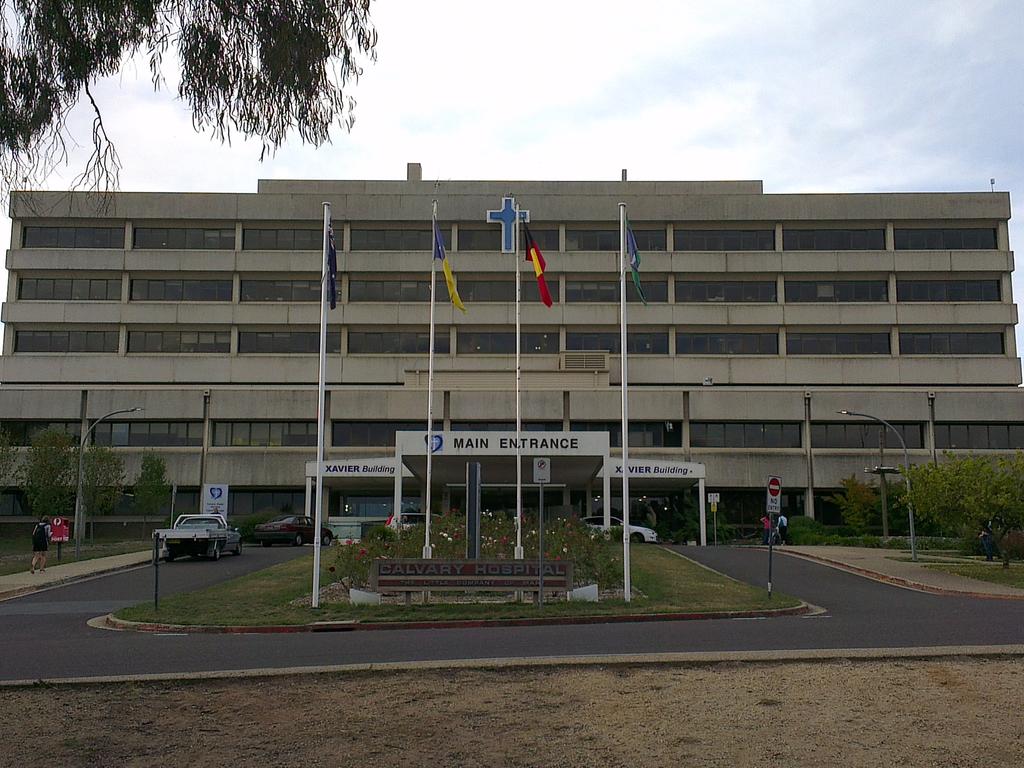Calvary case grim omen for religious health, education


This is not just about religion. Any person or corporation could have their business confiscated under a tailor-made acquisition scheme. But if you are a faith- or values-based service organisation – Muslim, Christian or Jewish – be very afraid indeed.
Though denied by ACT Health Minister Rachel Stephens-Smith, it is clear Calvary’s general problem is that it is Catholic. Specifically, it will not perform abortions, or connive at euthanasia. It is implausible that there is no religious motive, when the move to crush Calvary comes in the wake of the report of a government-controlled parliamentary committee slamming it for not providing terminations and other “reproductive health services”.
Ironically, the ACT government is solemnly committed to free exercise of religion under its own human rights legislation. But who cares? Australia as a nation is signed up to the UN International Convention on Civil and Political Rights, which prominently includes freedom of religion. But who gives a stuff?
This is the classic case where a cynical, self-consciously progressive government professes human rights while punishing the wrong sort of rights. Gender, speech and equality freedoms are priceless, while religion and conscience are plain embarrassing.
Embarrassingly in the case of Calvary, one thing the Canberran commissars do not understand is that in many religious traditions service is inseparable from religious practice. If adherents are stopped from serving in fields such as health and welfare, their faith is amputated.
Of course religious communities will provide services consistent with their values. Catholics will not act or teach against their own understanding of life, but neither will Jews, Muslims, Sikhs and Buddhists. Equally obvious, it is not in any government’s interest to suppress religious health and education systems. True, they receive public subsidies, but also true, their own investment allows government to stretch its dollar further.
The truly terrifying thing is just how far the Calvary example can be stretched. Today, from the Greens to the Reds through the fluffy Soft Pinks, there is a menacing intolerance of religion. Schools should not reflect faith and hospitals should not follow conscience.
The logical implication is that there should be no religious schools or hospitals. Once achieved, religions sundered from their missions of service would wither into irrelevant flocks of marginalised believers.
So we probably should be deeply grateful to the ACT government. Through its unprincipled pursuit of Calvary, it shows that when a government of the groovy left says it wants to protect religious rights but promote the public good, it means inconvenient religious freedoms need not apply.
But you do not have to be religious to be appalled by the Calvary fiasco. From a purely secular point of view, this is one of the most cynical breaches of the rule of law in Australian history.
Like any Australian state or territory (and the national government), the ACT has detailed legislation allowing compulsory acquisition of private interests. Sometimes, individual interest must yield to public necessity.
Yet great caution is required. Any compulsory acquisition regime is corralled by strong guarantees of fairness protecting every citizen. In Canberra, these are contained in the Land Acquisition Act. It is full of compensation formulas, due processes, notice requirements, acquisition procedures, public declarations and so forth.
The short story is that you may lose your property in Canberra, but only after fair process and proper compensation according to law. Or so we thought.
Absolutely not. The Calvary case shows acquisitions can be placed outside the Acquisition Act that protects every other transaction. Special laws can be made that effectively confiscate property and businesses. Normal safeguards are dispensed.
Plus, with no commitment to recompense. With Calvary, the tailor-made law does not even purport to provide just terms. Instead, it contains a melange of considerations that may at some future date provide proper compensation, but preferably not. Why would anyone invest in the ACT?
For all these reasons, the Calvary confiscation law has been challenged in court and may well go down. The ACT government attempted a lightning timeline, presumably on the contemptuous basis that if it could dismantle the hospital before a legal decision, that decision would be pointless.
But a court injunction has now slowed it down.
So much for the law? But what about the politics?
The Calvary saga illustrates that an anti-religious “progressive” regime in the territory will stop at nothing to destroy politically incorrect religious institutions of care. It will defy human rights and assault legal principle.
In doing this, it is shredding the longstanding Australian concordat between government and religion, where the state supports religious works that benefit the public. That compact has brought enormous benefits, financial and cultural.
Surely, the national government that presides over a massive system of education and health funding has an interest in preserving that service principle.
Apparently not. When the Catholic bishops appealed to Anthony Albanese over the Calvary matter, they received zero support. Instead, he mouthed Delphically that the ACT was merely ensuring breadth of healthcare and reorganising healthcare provision.
If this is how the Prime Minister reacts to an attempt to undermine a faith-based hospital, no religion or its social works have any reason to trust his government.
It is very unlikely that this is Albanese’s intention, but he needs to face facts. Only unambiguous, supportive action can protect faith-based, communally beneficial health and education.
Calvary is a test. No one says the PM can direct the ACT, but he sure as hell can make it uncomfortable. If he fiddles while Calvary burns, he is no friend of religious organisations of care and learning.
Emeritus Professor Greg Craven is the former Vice Chancellor of the Australian Catholic University.






The attempt by the ACT government to compulsorily acquire the Calvary Hospital in Canberra is an attack not only on religious freedom but the rule of law. Unchecked, it will provide a bitter precedent into the future.